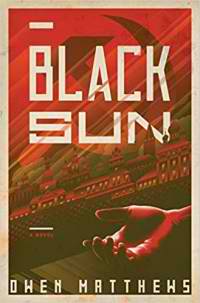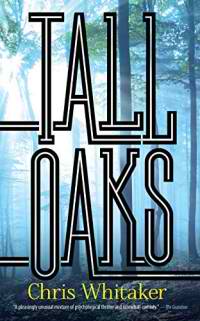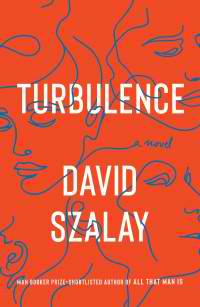Black Sun by Owen Matthews
 Monday, July 22, 2019 at 7:23AM
Monday, July 22, 2019 at 7:23AM 
Published by Doubleday on July 23, 2019
Major Alexander Vasin is a former homicide investigator from the Moscow police who is now a KGB agent. In 1961, Vasin is sent to Arzamas-16, a city that does not officially exist, to investigate a physicist’s death. Fyodor Petrov was working on the development of a new bomb when he died from ingesting a radioactive substance. The local KGB pronounced the death a suicide. The Politburo is not convinced.
Vasin encounters obstacles as he investigates. Scientists proclaim themselves too busy to speak to him. The local KGB officer in charge insists that Vasin confirm the death as a suicide and go home. Yet there are secrets being kept and Vasin has been tasked by his boss in Moscow to uncover them. His mandate gives him power, but he suspects that he will be in danger if he pushes too far.
Vasin has a secret of his own, involving his boss’ wife. That secret seems destined to come out after Vasin's wife learns about his affair. If she doesn’t expose him directly, the fact that the KGB listens to every phone conversation in Russia may eventually be Vasin’s undoing.
The plot of Black Sun is built on intrigue, deception, and betrayal. The mystery — who killed Petrov and why? — is a good one. Owen Matthews sets up a range of suspects who might have a motive and places them against an overlapping backdrop of characters who have an incentive to send Vasin home with the crime unsolved. Any distraction from the goal of building and testing the ultimate weapon is unwelcome.
The retrospective look at the arms race is interesting not just for its potential impact on humanity, but because it immunized Soviet nuclear scientists from the constraints that governed the lives of most Soviet citizens. The scientists have access to “subversive” music and literature that are forbidden to most. The sense the scientists have of being a privileged and untouchable elite adds interest to Vasin’s investigation.
Black Sun dramatizes the risks that politicians take with human lives when they order scientists to design and test nuclear weapons, risks that necessarily have unintended consequences, as the United States learned when it destroyed Bikini Atoll. The story, Matthews tells us in an afterword, is based on the reality of a bomb that Soviet scientists feared might set the world’s atmosphere on fire. A bomb with reduced power that the Soviets eventually tested shattered windows in countries 900 kilometers from the test site. The bomb’s inventor, Andrei Sakharov, lobbied the Soviet Union to enter into the first Nuclear Test Ban Treaty.
The characterization of Vasin as a man who believes himself to be a swamp dweller, undeserving of happiness, is suitable both to a noir novel and to the setting. The oppressive atmosphere of Soviet Russia pervades the story in chilling detail. Informers advance their careers by denouncing the innocent. Patriotism is measured by loyalty to people who hold power rather than loyalty to country. Survival depends on sacrificing principles. In a society where everything is relative, a world of lies where there is no room for moral purity, Vasin does his best to tell good lies that will make incremental improvements in the lives of those who are engulfed by Soviet darkness.
The story is tight and the resolution of the mystery is satisfying. Vasin finds a way to do justice (of a sort) without doing more harm than is necessary. Vasin has a bit in common with Arkady Renko and Bernie Gunther, two noir icons who pursue justice in unjust societies. If Vasin goes on to have a series of adventures behind the Iron Curtin — the next one is set up in the last chapter — the series will likely be one that Renko and Gunther fans will want to follow.
RECOMMENDED



